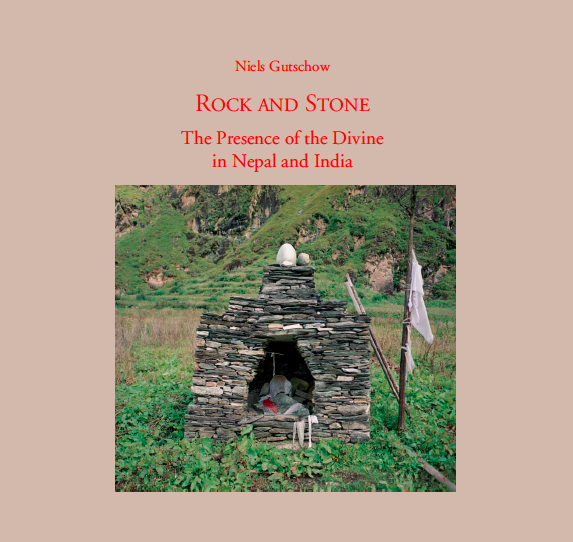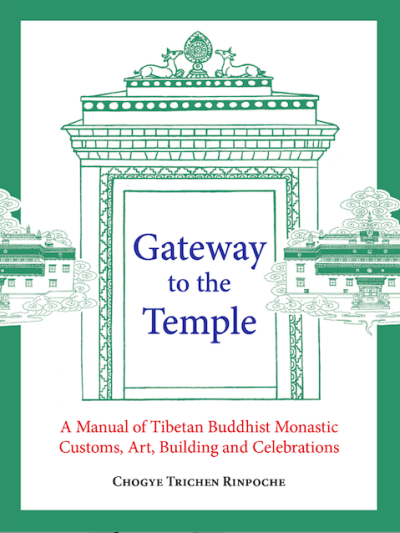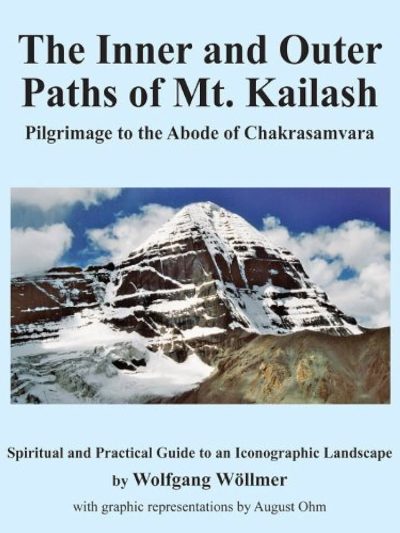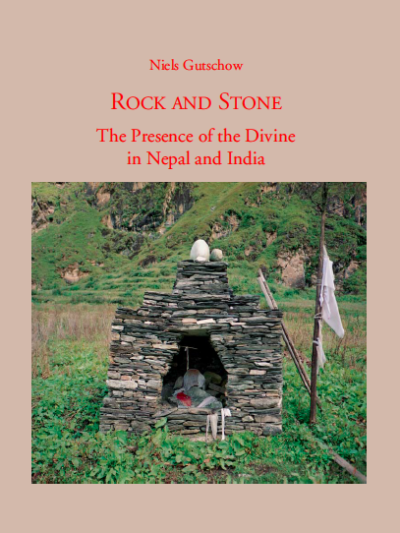Description
Book Description
Rock and stone, like water, plants, and trees, are part of what surrounds us in nature. All elements possess the potential to embody the divine. As such, they are what turns nature into a sacred landscape: rocks and mountain ranges are perceived as religious symbols that grace and protect the habitat. Rock and stone seem to contain ‘the call of a cosmic force struggling to break free.’ The cult of stone can be traced back to the megalithic structures of the Neolithic Age and the worship of meteorites in the Ancient Orient as ‘ensouled’ stones. These are presented in the book’s introduction. The main chapter documents stone worship practised in the context of the urban culture of the Newars of the Kathmandu Valley. There, thousands of unworked stones without any distinctive iconographic features represent the Supernaturals – whether deities named at some point in the past in accordance with the Hindu tradition or spirits or unnamed ancestor deities. These stones absorb impurities, act as guardians, and often demand blood sacrifices. Placed in open shrines, they represent the idea or essence of place, the genius loci, and the limen between the netherworld and the world of human beings. Individuals, families, and lineages maintain a predefined, stable relationship with these landmarks in rites of passage or during annual urban rituals. In addition, the book documents the Lords of Place of Tibetan and Chetri villages in northern and western Nepal, including the Earth Goddess among the Kond in Odisha and the manifestation of Śiva in the form of a liṅga or in the aniconic form of an unworked pebble.
The final chapter is dedicated to stone in modern art. The Surrealists of the 1920s were ‘stricken with sculptural fever’ when confronted with ‘living stones’. André Breton explained his fascination in an essay titled ‘The Language of Stone’.
Table of Contents
7 Foreword
12 Introduction
Stone and Obelisk
Jean Malaurie: Cosmic Power
The Terrain of Roger Rousseau in Beauregard
Origin and Salvation
Field Research
18 The Cult of Stone (litholatry)
Megalithic Structures
The Egyptian Paradigm – Obelisk and Pyramid
The Greek Roots of the Arghoi Lithoi
Traditions of the Ancient Orient
The Jewish Religious Traditions
Christian Traditions: Golgotha and Petrus
The Muslim Tradition: The Kaaba in Mecca
Stones in the European Context
Rocks and Stones from Japan and Bali
Part I – The Kathmandu Valley
42 The Kathmandu Valley
The Urban Culture of the Newars
The Emergence of a Sacred Landscape and the Creation of Myths
The Great Tradition and the Little Tradition
Ambiguities – the Great and Little Traditions Reconciled
71 An iconic Deities with Iconographic Characteristics
77 The City of Bhaktapur
History
The Realm of the Supernaturals – Deities and Spirits
The God of Music – Nāsaḥdyaḥ
Creating an Urban Maṇḍala by Locating 30 Deities
The Protective Eight Mother Goddesses – Aṣṭamātṛkā
New Year – Bisketjatra
Bhairava – Bhailahdyah
The Daśamahāvidyā
Serpent Stones Dedicated to Vāsukī
Ancestor deities (dugudyaḥ)
Absorbing Stones: Pikhālākhu and Chvāsaḥ
Lukumahādyaḥ
The Three Tongue Stones
Kṣetrapālaḥ
173 The City of Patan (Lalitapura)
Introduction
Pig.pūjā: the Processional
The Daśamahāvidyā Deities
The Temple of Siddhilakṣmī
Part II The Himālaya
223 Landscape, Soul Stones, Hero Stones, and Cairns
The Cultural Landscape of Mustang
The Realm of Surmādevī in West Nepal
Part III India – Liṅgas and Pebbles
277 Sacred Lansdcapes, Sacred Cities, Seat of Deities
Introductory notes
285 Banaras, Benares, Vārāṇasī, Kāśī
Introductory notes
Layers of the Sacred City
Groups of Liṅgas within the Sacred Landscape
Documented Liṅgas
325 Liṅgas in Water, India and Cambodia
325 Odishsa, Villages of the Dongria and Kuttia
The Village of Hundijhalli
The Village of Dupi
373 Stones in Art and Literature
382 Epilogue
386 Endnotes






